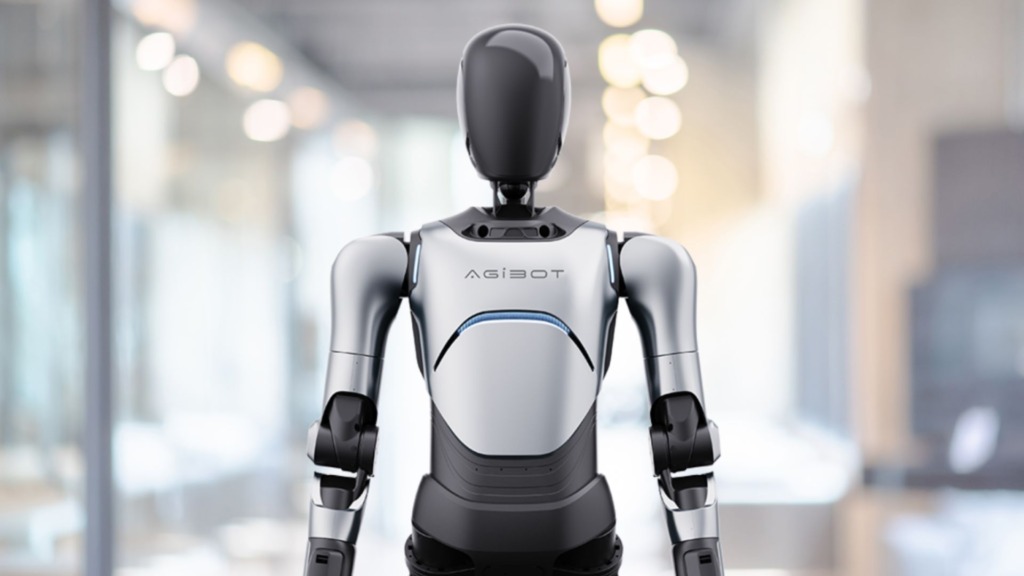Chinese AI and robotics start-ups back Xi’s push for technological self-reliance
Chinese AI and robotics start-ups vow self-reliance after Xi visits Shanghai, showcasing innovation and commitment to homegrown tech.

As China faces growing tensions with the United States over trade and technology, the country’s fast-growing artificial intelligence (AI) and robotics start-ups are stepping up to answer President Xi Jinping’s call for greater self-reliance. During a recent visit to Shanghai on June 25, Xi met with several innovative firms and encouraged them to break free from dependence on foreign technology.
His comments came after the US introduced tough new tariffs, adding pressure to China’s technology sector. During his tour of the SMC Shanghai Foundation Model Innovation Centre — one of China’s first AI-focused incubators — Xi highlighted that AI is a young industry, filled with potential and driven by young talent. He showed interest in various technologies, including smart glasses and humanoid robots.
AI firms showcase innovations and young talent
Among the companies Xi visited was AgiBot, a Shanghai-based robotics firm aiming to produce between 3,000 and 5,000 humanoid robots this year. The company demonstrated its dual-arm G1 robot, which can clean up rubbish, and its bipedal X2 robot, which can ride a bike. Xi even joked about robots joining a football team one day, noting his long-standing dream of China winning the World Cup.

Peng Zhihui, the founder of AgiBot and a well-known figure in Chinese tech circles, said Xi’s visit showed “great attention and care” for the industry. Peng pledged to lead the company in overcoming obstacles and “breaking down foreign technical barriers” to improve China’s position in global embodied intelligence.
Xi also visited Infinigence AI, a company focused on maximising the use of domestically produced chips. During his conversation with CEO Xia Lixue, Xi asked if their technologies were self-developed and whether the team comprised young professionals. Xia confirmed that their work is based on autonomous, controllable systems and shared that the average age of the firm’s 200-member team is 32. He added that Infinigence AI is working hard to close the hardware performance gap with major foreign chipmakers like Nvidia.
Drug research and AI models show broader industry commitment
XtalPi Holdings, a Hong Kong-listed tech company that applies AI, robotics, and quantum physics to drug and materials research, also shared its commitment to scientific and technological independence with Xi. In a statement posted on its official WeChat account, the company said it supports China’s mission of greater self-reliance on science and technology.
Stepfun, another firm focused on AI, demonstrated its latest multimodal AI models, simultaneously processing different data types like text, images and speech. The company explained how such innovations could impact daily life in healthcare, education and entertainment.
Xi’s visit also included a meeting with Xu Li, chairman and CEO of Chinese AI pioneer SenseTime. Xu said Xi gave strong and clear guidance on how China should advance in AI innovation. His encouragement came as a boost to companies navigating global competition.
Shares of XtalPi rose 3.2% by the close of trading on Wednesday, while SenseTime’s stock gained 2.7% — a sign of market confidence following Xi’s show of support.
With strong government backing and a growing pool of young talent, China’s AI and robotics firms appear determined to advance. As shown during Xi’s visit, their focus on homegrown innovation aligns with the country’s larger strategy of reducing its reliance on foreign technologies and building a stronger, more competitive tech industry.
















